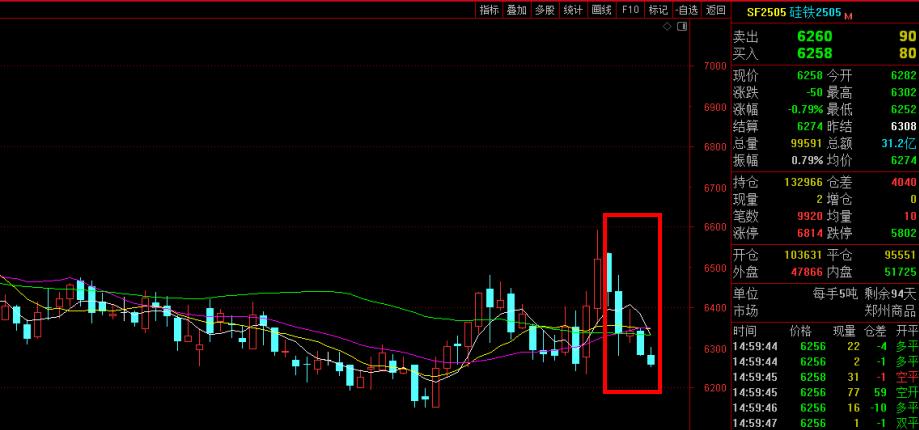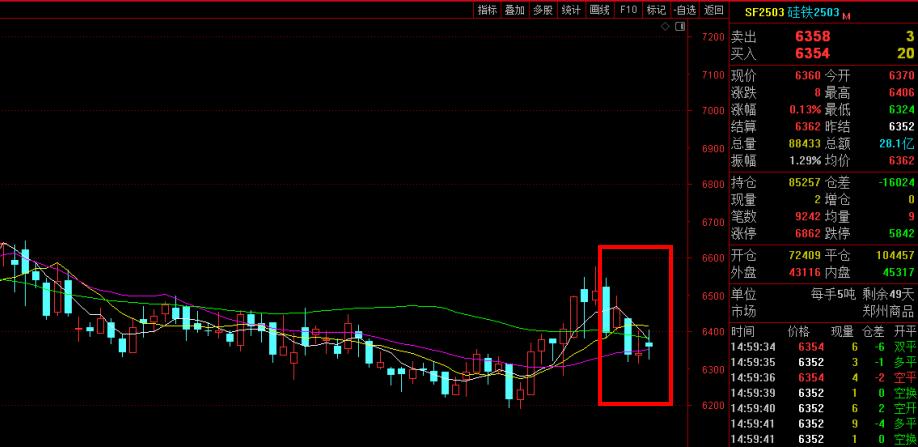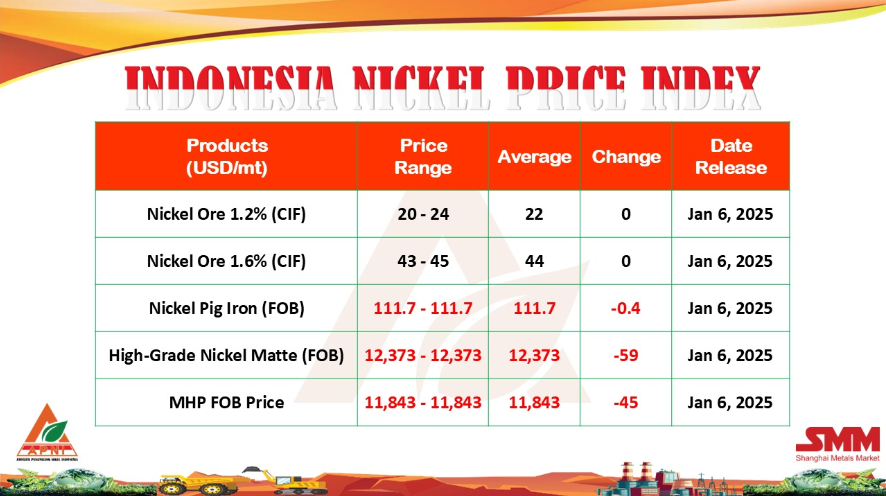[Ferro-Alloys.com] Indonesia is looking to use its position as the nickel capital of the world to set up a cartel with other like-minded mining empires, similar to the way OPEC joins forces to control the global crude oil market.
This is at a time when demand for nickel surges and the world struggles to move from fossil fuel-based autos to electric vehicles, not to mention at the moment Europe's energy crisis builds.
"I do see the merit of creating OPEC to manage the governance of oil trade to ensure predictability for potential investors and consumers," Indonesian Investment Minister Bahlil Lahadalia told the FT in an interview today. "Indonesia is studying the possibility to form a similar governance structure with regard to the minerals we have, including nickel, cobalt and manganese."
Indonesia is known for following through on its trade threats. In 2020, it banned exports of nickel ore in the hopes of boosting processing and finishing on its own shores, creating jobs and attracting foreign investment, something hotly disputed by its trading partners in the EU who wanted the raw product for their stainless steel production. Member states went on to smack the archipelago with a World Trade Organization complaint in 2021.
By then, however, from Indonesia's point of view, it had achieved its goal: "It looks like we will lose at the WTO, but it's fine, the industry is already built," Indonesian President Joko Widodo told an economists' forum in Jakarta in September this year, adding that whatever the WTO's decision in the dispute may be, Indonesia will move ahead with plans to impose similar bans on exports of other raw commodities.
Nickel is one of the key metals used in the lithium-ion batteries used to power many of the automakers EVs - with the exception of a few including Tesla that are also using lithium iron phosphate (LFP) batteries to hedge against high nickel and cobalt prices.
Of the 3D transition metals (this chunk here of the periodic table), nickel ensures higher cell voltage and a continuous voltage profile, with automakers of late actually increasing the percentage of nickel in the battery's cathode to boost the range the cars can travel, from around 33 percent to up to 60 percent.
According to the commodity consultancy CRU, Indonesia generates 38 percent of the global refined supply of nickel, mostly nickel pig iron, or NPI, that is used to produce stainless steel. Battery grade metal (and there's an intermediate step in between, nickel matte) isn't yet being produced in bulk in the country, but it's obviously looking to remedy that.
In the first seven months of 2022, the archipelago's mines upped output by 41 percent year on year, according to the International Nickel Study Group, which also noted that:
Nickel pig iron production is forecast to continue to rise in Indonesia... The conversion of Indonesian NPI to nickel matte in the country is anticipated to surge.
Also in Indonesia, high pressure acid leaching plants are being commissioned to produce mixed hydroxide precipitate and are anticipated to continue to ramp up production strongly. Both intermediate products (nickel matte and mixed hydroxide precipitate) will be exported to China to be further processed into nickel sulphate to produce EV batteries.
And indeed, Chinese companies - including metals giant Tsingshan - have invested heavily in Indonesian nickel, with new plants sprouting all over the island of Sulawesi to convert nickel pig iron (not suitable for batteries) into nickel matte (the intermediate step before producing battery-grade nickel sulfate).
Foreign direct investment from China to Southeast Asia's biggest economy reportedly reached $1.56 billion between July and September, according to data from the Indonesian Ministry of Investment, which local business paper SCMP noted was "a steep rise from $595.61 million in the same period last year.... [with] more than 1,150 new Chinese investment projects ... recorded in the last quarter... Analysts said most were for downstream projects, refining minerals such as nickel before sale back to factories in China."
Unlike OPEC countries, Indonesia relies on China-owned processors. Therefore, while local industry is boosted, it is hard to see how it will strike that OPEC-style deal with the other producers of nickel, cobalt, manganese etc. South Africa, which has 80 percent of the world's manganese reserve, is in a similar position, with much of the extraction and processing done under the direction of foreign-owned companies, including British owned Anglo American. Nickel mining Russia, cobalt-rich Zimbabwe and the manganese DRC would also be candidates for the "battery OPEC." By late 2020, though, estimates said the DRC's mining sector was now 70 percent dominated by Chinese mine owners.
It might be time to look more closely at what members of the Organization of the Petroleum Exporting Countries already know: you need to own the means of production to pull levers on pricing and supplies.
Source: Never mind the Saudis: Here's a new OPEC for EV battery metals
- [Editor:tianyawei]



 Save
Save Print
Print Daily News
Daily News Research
Research Magazine
Magazine Company Database
Company Database Customized Database
Customized Database Conferences
Conferences Advertisement
Advertisement Trade
Trade














 Online inquiry
Online inquiry Contact
Contact

Tell Us What You Think